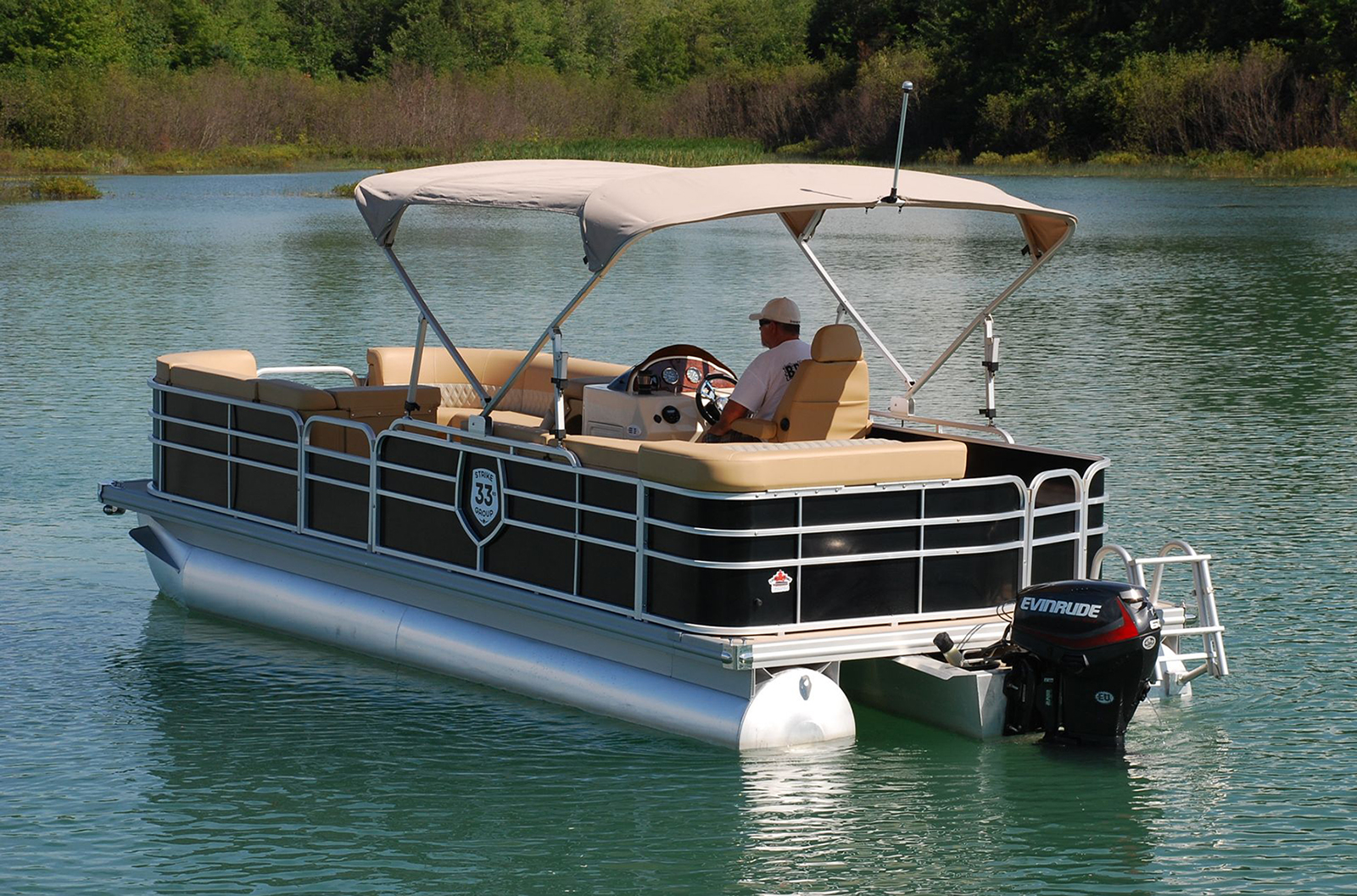3 Disadvantages of Pontoon Boats
 We all hear, on pontoon boat websites, that ‘toons are the best of the best, most amazing multifunctional boats in existence and whoever owns a boat that is not a pontoon should sell it and get a pontoon. Quite frankly, all the things said about pontoon boats are true to an extent. These boats are really great for a variety of purposes, including a couple of special things only they can accomplish such as allowing for an onboard barbecue party.
We all hear, on pontoon boat websites, that ‘toons are the best of the best, most amazing multifunctional boats in existence and whoever owns a boat that is not a pontoon should sell it and get a pontoon. Quite frankly, all the things said about pontoon boats are true to an extent. These boats are really great for a variety of purposes, including a couple of special things only they can accomplish such as allowing for an onboard barbecue party.
However, before buying a pontoon boat for a specific purpose such as water ski, racing, or fishing, you need to be made aware of a few drawbacks as well. The following list comprises some things you should definitely watch for when you’re buying a boat.
Table of Contents
1. Speed
Compared to many other boat types, pontoon boats aren’t exactly quick as bullets. Top-grade ‘toons can go up to 100mph (160km/h) under extraordinary circumstances, but don’t expect your average pontoon to behave like that whenever you like. In fact, an average 22” boat fitted with a 90hp engine will stay within the 28-35mph range. Let’s make something clear: this is not bad. If you want to drag an inflatable banana or a pair of skis behind your boat, it’s more than enough. However, if you’re up to a drag race, you should definitely look for some other boat.
Then again, we see modern trimarans made of modern materials and fitted with modern engines which can exceed that kind of speed no problem. Looking forward to the future!
2. Maneuverability
OK, there’s no way around this one: pontoon boat handling is plain bad. In fact, you could turn better when riding a log and paddling with your hands. Due to its hull shape and consequent weird hydrodynamics, a pontoon boat is a seriously poor choice for tight corners and hairpin turns.
If you’re a fisherman planning to sneak on some tight channels or really into water sports, this kind of maneuverability is bad news for you. As a reference, the average 22’ pontoon has a turning radius of about 25’.
3. Rough water stability
Yes, you heard it right. Stability is indeed a problem with pontoon boats when the sea (or lake, for that matter) gets rough. It’s true that the flat shape and good contact with water makes for an amazingly stable construction under normal conditions, which is excellent for fishing and similar activities. However, this very shape is what makes a pontoon dangerous in a storm.
Pretty much any boat is dangerous to be on while high winds are lashing and waves are crashing. Due to its construction particularities, a pontoon implies, even more, risk, as its flatness and relative height can cause it to plow right downwards at the base of a tall wave instead of riding the wave like a V-shaped hull does. Normally, this causes some pretty nasty shakes and will remove any piece of furniture not bolted to the deck. Under more extreme conditions, capsizing is not out of the question. What’s more, its height is also a problem when strong winds blow, with the same risks being involved. As such, when the storm comes, we highly advise that both you and your boat be out of the water.

